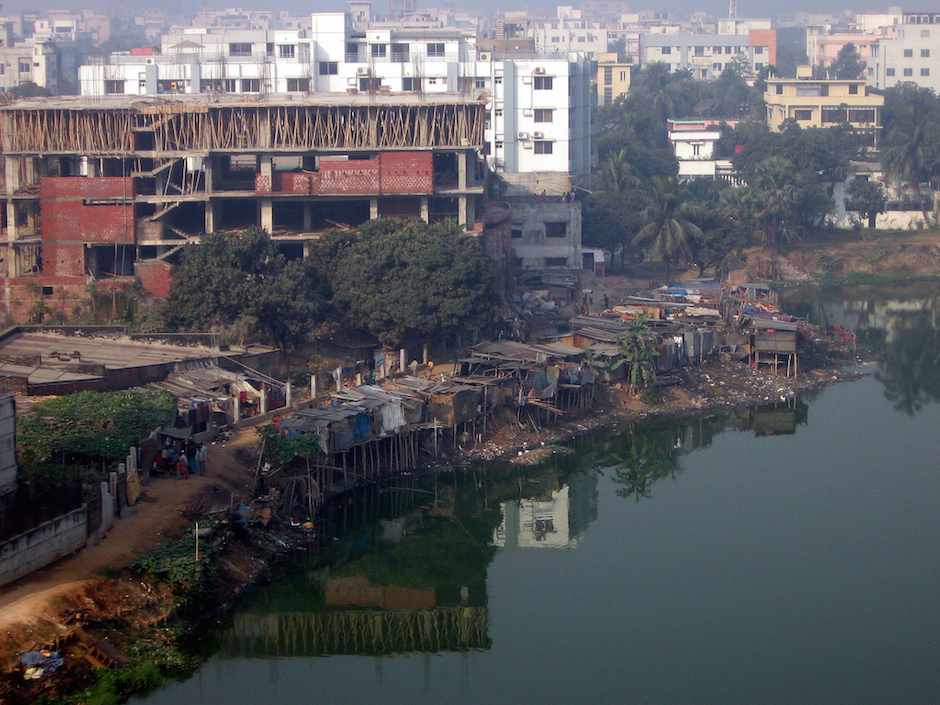With a large population and few natural resources, a developing country like Bangladesh already faces many challenges. Since 1950, Dhaka has expanded from a small town to a massive metropolis with a 33.1% urbanization rate. The city currently has 16 million inhabitants as per latest statistics of BBS, and it is anticipated that, by 2035, there will be 31.2 million people living there.
Dhaka has started to experience a number of problems due to its expanding population and uneven urbanization, such as a high concentration of urban poverty, traffic jams, inadequate waste management, water logging, and inadequate public spaces. In the same way that it has produced several issues, it has also given rise to a variety of opportunities for urban studies.
The provision of healthcare facilities, sanitation and hygiene, food security and nutrition, maternal, neonatal, and child nutrition, as well as the prevention of non-communicable illnesses and newly emerging and reemerging infections, are all under crisis in the urban health sector. Only roughly 3.06 doctors are present per 10,000 inhabitants, which is a very low proportion. Lack of equitable and high-quality educational access, a dearth of technical education, and high educational costs are the long-term issues of Dhaka's education system. Effective and equitable education service delivery is nevertheless hampered by urban poverty and spatially uneven service distribution. Five million children are not in school, largely because of poverty. Not only Dhaka, but all cities in the country, are afflicted by issues such as a lack of economic dynamism, governance failure, severe infrastructure and service shortages, insufficient land administration, vast slums, and social upheaval.
As a result, the urban research sector must address social issues, sustainability challenges, the provision of inclusive services, and gender-responsive urban services. Government organizations, national research institutions, INGOs, NGOs, public and private universities, and donor organizations all work on various urban problems in an effort to develop sustainable policies and, as a result, find solutions to these issues. Bangladesh also needs to increase the scope of its urban studies to contribute in the creation of sustainable cities.
+8801793593339

